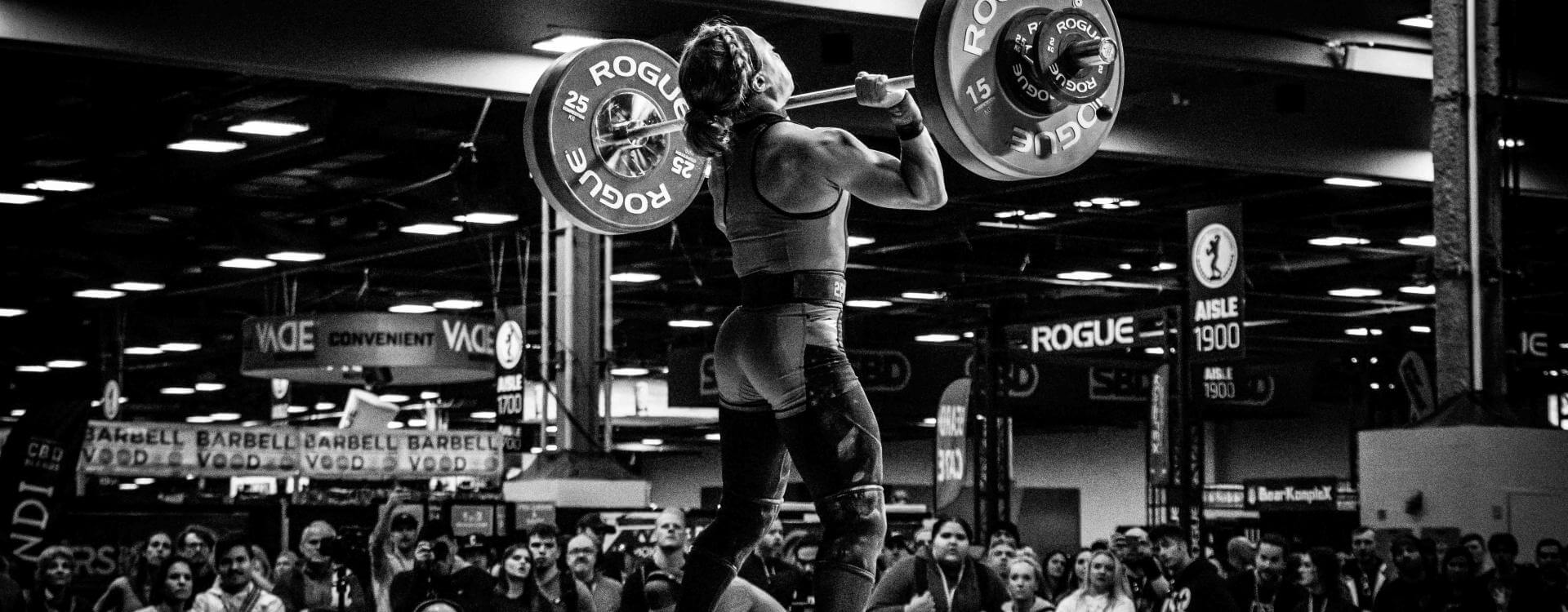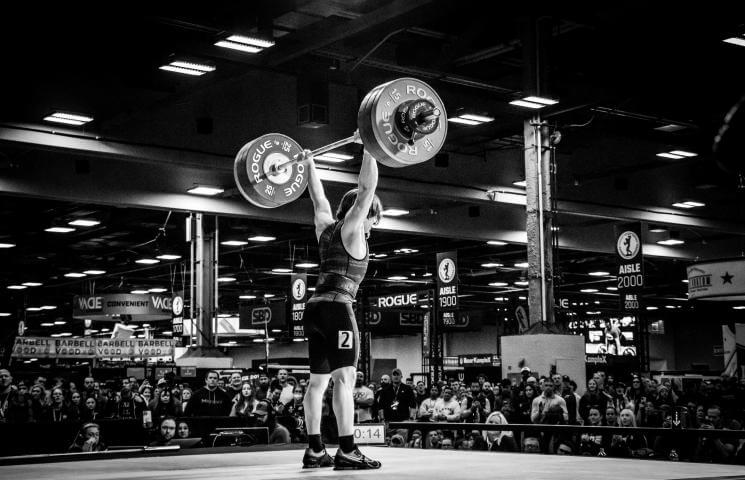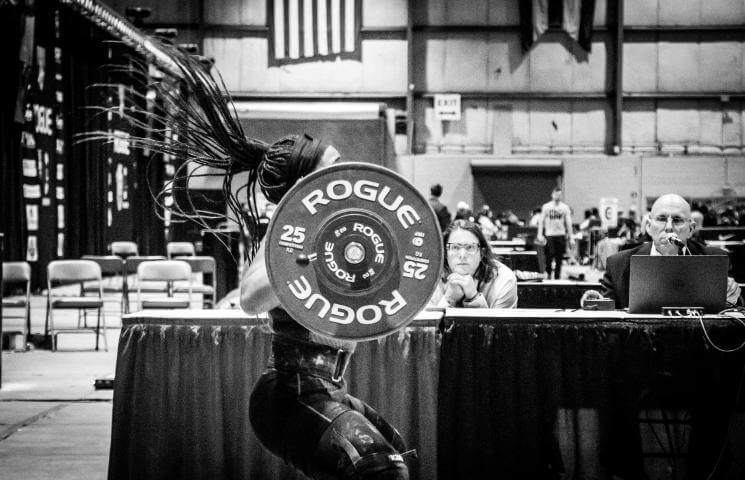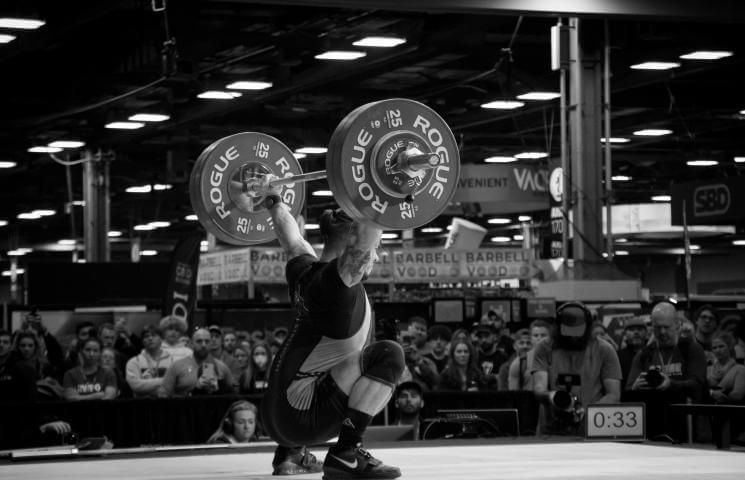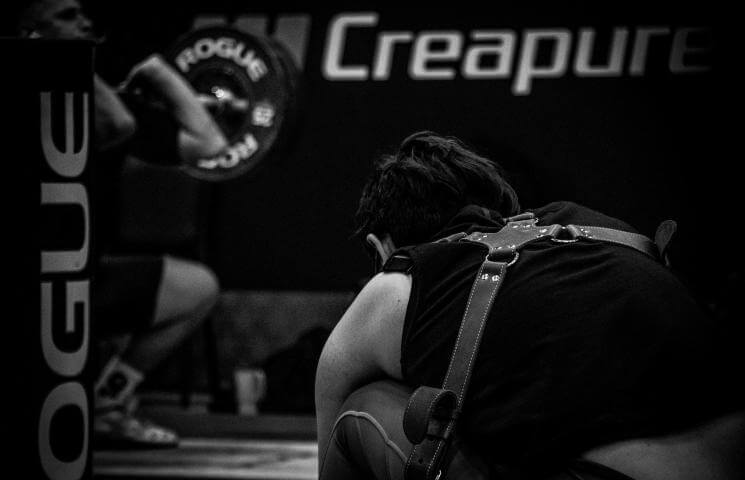Creatine is one of the most popular and researched supplements in weightlifting due to its powerful benefits for strength, power, and recovery. Here are some key ways creatine can benefit weightlifters:
1. Increased Power and Strength Output
-
Enhanced ATP Production: Creatine boosts the production of ATP (adenosine triphosphate), which is the primary energy source for muscle contractions, especially during short, intense lifts. With more ATP available, weightlifters can perform more reps at higher intensities.
- Improved Maximal Strength: Studies have shown that creatine supplementation leads to significant improvements in maximal strength, which is crucial for heavy lifts like squats, deadlifts, and bench presses. Increased strength allows lifters to push past previous limits and achieve personal bests.
2. Improved Muscle Recovery
3. Enhanced Muscle Growth
-
Increased Muscle Volume: Creatine draws water into muscle cells, increasing muscle volume and creating a fuller, more muscular look. This “cell volumization” also promotes an anabolic environment that can stimulate muscle growth.
- Higher Training Volume Capacity: With the extra strength and energy provided by creatine, weightlifters can handle more reps and sets, leading to greater muscle growth over time. Increased volume is key for hypertrophy, which is the growth of muscle size.
4. Supports Lean Muscle Mass
-
Reduction in Fatigue: Creatine’s impact on cellular energy production can reduce the onset of fatigue, enabling longer and more effective training sessions. This results in better endurance, which helps weightlifters sustain lean muscle mass while managing body composition goals.
- Minimized Protein Breakdown: Creatine may help reduce the breakdown of muscle protein during and after workouts, preserving lean muscle and preventing catabolism during intense training cycles.
5. Improved Cognitive Focus and Performance
-
Mental Alertness and Focus: Emerging research suggests that creatine may benefit cognitive function by providing energy to the brain. Enhanced mental clarity and focus can improve a weightlifter’s ability to concentrate during lifts and maintain the proper form, especially during heavy or complex movements.


